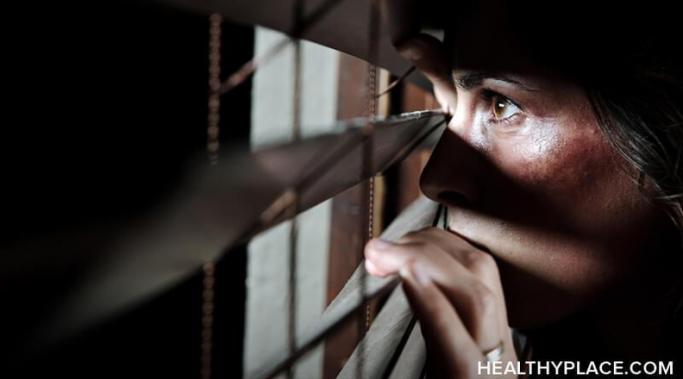Blogs
Borderline personality disorder (BPD) and relationships can pose some unique challenges. The constant fear of rejection looms around every corner, making it difficult to fully embrace the positive moments that relationships bring. Even when surrounded by love and support, the fear of impending abandonment can act as a barrier, preventing the full enjoyment of the positive aspects of a relationship. This struggle underscores the complexity of managing BPD within the context of interpersonal connections.
As my time writing for HealthyPlace ends, it presents the perfect opportunity to reflect on the past 12 months and prepare for what lies ahead. Before I leave, I would like to share what I have learned about myself while writing this blog and how it has reinforced my motivation to keep moving forward.
Sharing gambling addiction recovery stories really matters. As much as we discuss gambling and addiction, the picture that’s painted is that of hopelessness. Granted, the thrill and hope of a big win have a dangerous grip that leads people down the path of compulsive gambling, but it is the stories of hope and triumph that give people with addiction the hope they need to overcome the struggle.
With verbal abuse, avoidance may be present with the abuser, the target, or both, depending on the situation. This tactic has two sides that can be helpful or harmful based on the contributing factors. Avoidance in verbal abuse is common.
It's the holidays again, and I've found that this is a good time of year to not only say thanks but actively practice gratitude to help my anxiety. I've learned that gratitude can be a very powerful emotion and can actually help reduce stress and lessen the symptoms of anxiety that I experience.
Some people with bipolar seem like they're so angry. Sometimes, I'm one of those people. I don't take this feeling out on other people, but that doesn't mean I don't feel the anger intensely. Let's discuss why bipolar makes me so angry.
There are a lot of new words and concepts out there to describe one's gender identity or sexual orientation, and one of them is bigender. As our community continues to expand and evolve, we develop new language to describe our experiences and identities. You might not have heard of the term bigender before, and trust me, even as a queer person, it can be hard for me to keep up with all the identity words. Today, I want to talk about what bigender means. As a bigender person, I hope you find this helpful.
Survivor's guilt is real. Nowadays, when I open the Instagram app on my phone, I usually see content of a similar nature: graphic images and videos of dead or seriously injured Palestinians. Often, the people in these posts are babies and children, and it is heartbreaking to see the plight of these innocent, young souls. This post is not about siding with Palestine or Israel, but it is about the survivor's guilt that many of us around the world are experiencing today. Let's take a look.
Gratitude is important. Mental health issues can significantly impact an individual's self-esteem, often leading to a cycle of negative thoughts and emotions. In such cases, incorporating gratitude practices into daily life can be a powerful tool for fostering self-esteem and promoting mental wellbeing. In my own journey, I have found gratitude to be one of the most powerful states of consciousness to cultivate. When we look at life through the lens of gratitude, even the most challenging circumstances can be reframed in a positive light.
My eating disorder lessons actually make me feel grateful. Gratitude is a recurring theme that defines the entire holiday season. In fact, this value is thrown around so often in the frenetic build-up to each new year that it's easy to overlook just how powerful gratitude is. When I strip away all those cliché axioms and intentionally reflect on what it means to be thankful, I'm humbled by the sheer amount of blessings in my life. But then, as I lean deeper into self-reflection, I feel a curious swell of gratitude in an area I would normally least expect. This year, I am grateful for the lessons of my eating disorder.









